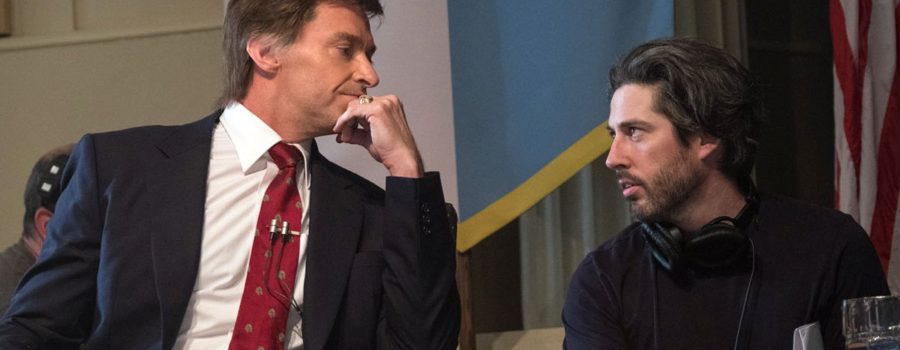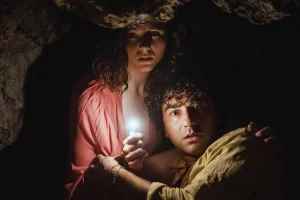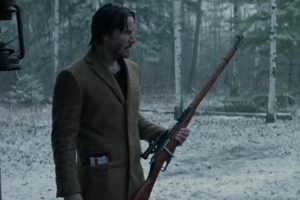Filmmaker Jason Reitman has been on a creative tear of late. After producing the television series “Casual,” Reitman shot “The Front Runner” nearly immediately after directing the Diablo Cody-penned “Tully,” all within the past year. The “Juno” helmer often explores films that delve into parent-child relationships, the dynamics of generational differences, stunted emotional growth, and explore strong, naturalistic, multifaceted central female protagonists.
“I like to tell original stories,” Reitman once told the Georgia Straight, “and the most simplistic argument would be that if you want to tell original stories, tell stories about women.” “The Front Runner,” which centers around the sex scandal that ended politician Gary Hart’s American Presidential run in 1988, focuses less on the man, but more on how it affects the women around him. It’s a timely film, particularly during a period today when political and tabloid journalism is seemingly inseparable and truth appears to be subjective.
On the verge of “The Front Runner’s” wide theatrical release today (November 21), I had a chance to speak with Reitman about his latest film, his cinematic influences, the prescient nature of Hart’s campaign, his fruitful professional, collaborative relationships, and much more.
Gary Hart’s story is oddly prescient about what today’s toxic politics morphed into. Why did you want to tell this story?
It is a tricky thing because I feel like explaining why you want to make a movie is like explaining why you’re in love with a girl. It’s so personal and so instinctual. When I heard [about it]; it just felt like a movie, and I couldn’t believe it had happened. And it feels like an opportunity to talk about the kinds of things that we’re just asking ourselves all the time these days and struggle because the volume is so high in 2018.
How the hell did we get here? What is the relationship between journalists and candidates? And what is that line? Where does a public life start? Where does a private life stop? All these things are on all of our minds, and we’re all looking for a way to answer them and have that conversation. For me, filmmaking is asking questions. Filmmaking is having that conversation. I make movies because I have questions, and this felt like an opportunity to chew away at them.
Read the rest of the article at The Playlist.








Leave a Reply
Your email is safe with us.